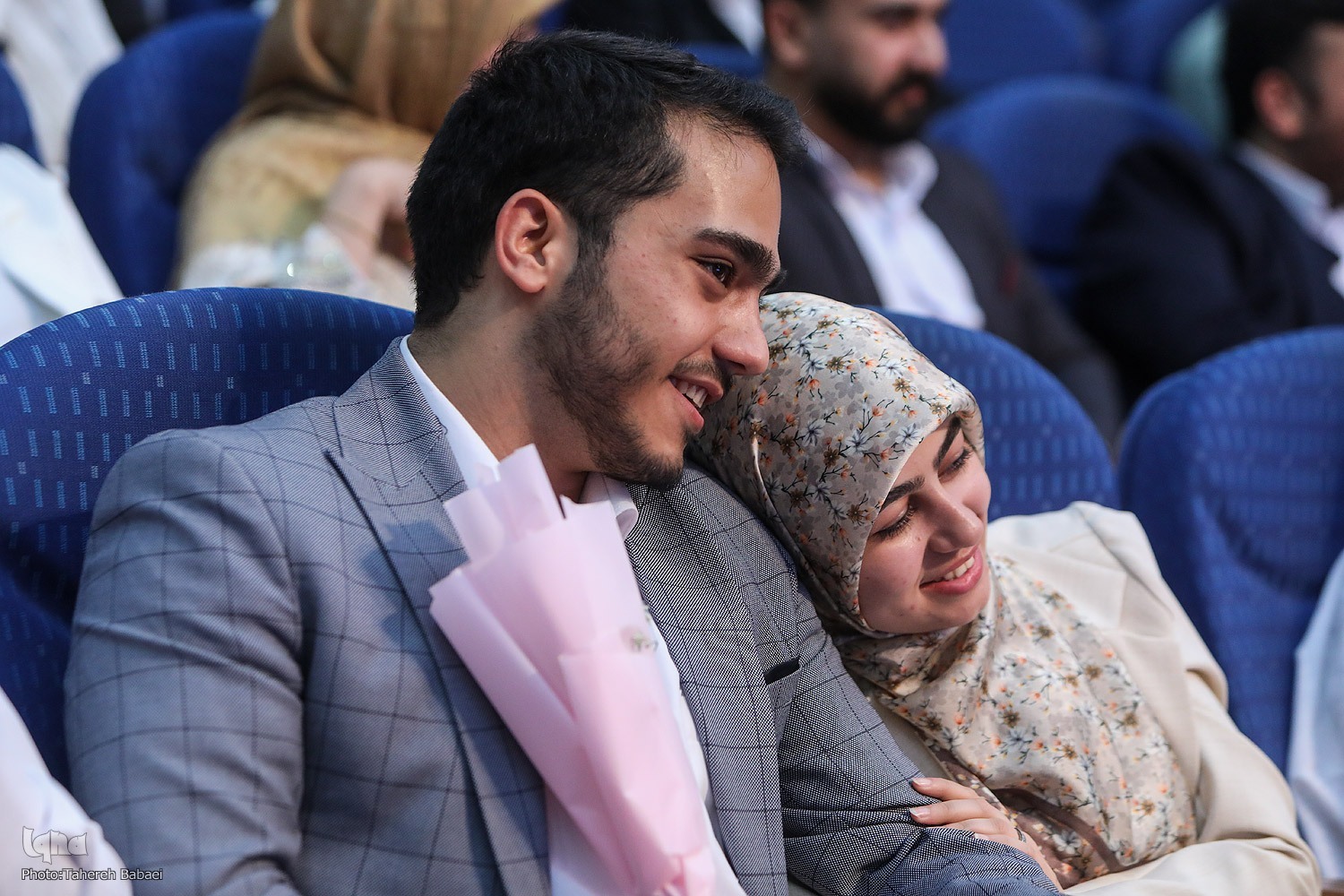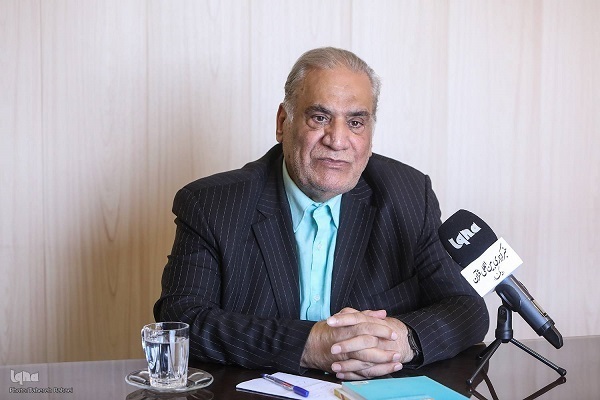Scholar: Quran Defines Ideal Spouse as a Source of Peace, Compassion

Gholam Ali Afrooz, a senior psychology professor at the University of Tehran, said the Quran calls on parents to raise children who will become “peace-giving” partners, capable of creating calm and stability within marriage.
Speaking to IQNA, he explained that according to the Quran, the ultimate purpose of marriage is to achieve a deep, enduring tranquility that forms the foundation of a healthy family and society.
“Peace is the treasure of life,” Afrooz said, noting that true serenity is more valuable than beauty, money, or prestige.
“The Quran teaches us that peace has two main sources: remembrance of God, which soothes the heart, and companionship with one’s spouse. For those who are not yet married, peace can be found in the comfort of living alongside their parents.”
He said the Quranic message is clear: “Since the purpose of marriage is to reach peace, the most desirable spouse is one whose presence brings calm.”
Read More:
Afrooz emphasized that being peaceful does not exclude other qualities such as charm, intelligence, or success, but rather defines their higher purpose. “A good-looking, well-educated, or wealthy person is not necessarily peace-giving,” he said. “Some people, despite their outward success, are anxious, obsessive, or depressed. But a truly peaceful person can also embody beauty and virtue.”
According to Afrooz, this understanding changes the way people should view marriage. “Marriage,” he said, “is not merely a way to satisfy physical needs, to have children, or to escape loneliness. These are natural outcomes of marriage but not its true goal. The ultimate goal is to reach peace, to create a life of harmony in which both partners find comfort in one another.”

He warned that when this spiritual and emotional goal is forgotten, marital instability becomes inevitable. “If husbands and wives offer each other peace in every moment, life will be sweet, and divorce will vanish,” Afrooz said.
“The roots of separation are mostly psychological, emotional, and behavioral—not financial or age-related. When couples fail to provide one another with comfort, love begins to fade,” he said.
The professor also discussed the importance of communication and emotional language within the home. “A person’s words should be gentle and comforting,” he said.
Read More:
“Husbands and wives must speak to each other and to their children in ways that nurture, soothe, and support. The language of love should be free of demands, expectations, and formality.”
Afrooz stressed that language shapes the emotional environment of a family. “The way spouses talk to one another determines how secure and loved they feel,” he said. “Kind words create safety and affection, while harsh speech destroys intimacy.”
Citing a narration from Prophet Muhammad (PBUH), Afrooz said that love in relationships stems from sincerity and humility. “When asked how one can become loved by their family or by others, the Prophet said: ‘If you want to be loved by God, increase your piety. If you want to be loved by your spouse, children, relatives, and the people of the world, do what you can for them without expectation, without showing off, and without seeking something in return.’”
Read More:
Afrooz defined taqwa (piety) as “carefulness within the boundaries of moral values and awareness of one’s shortcomings.”
He said that strengthening piety helps people become more compassionate and forgiving partners. “When a couple learns to live with mutual respect, patience, and kindness, marriage becomes a sanctuary,” he said.
By grounding marriage in emotional tranquility and divine remembrance, Afrooz said, society can build families that are more resilient, loving, and free from the psychological and behavioral causes of separation that have become common worldwide.
4306332



